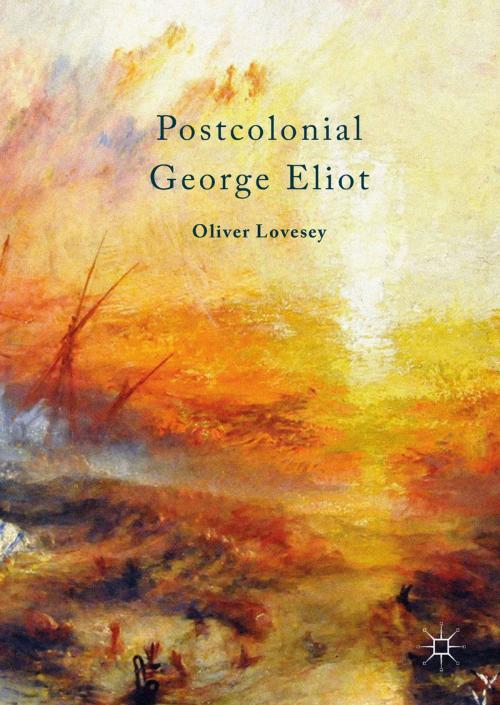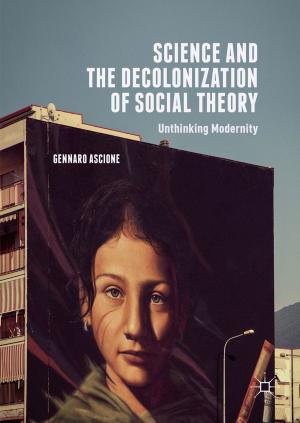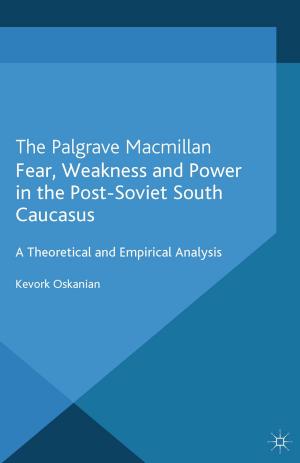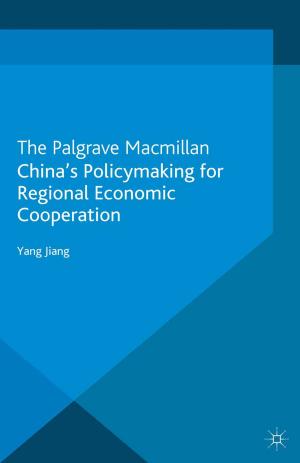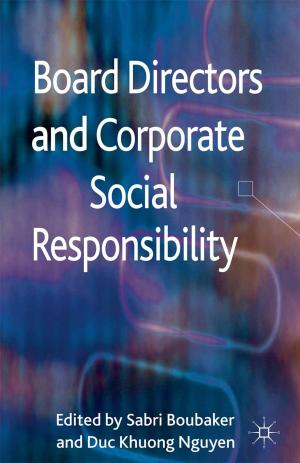| Author: | Oliver Lovesey | ISBN: | 9781137332127 |
| Publisher: | Palgrave Macmillan UK | Publication: | August 17, 2017 |
| Imprint: | Palgrave Macmillan | Language: | English |
| Author: | Oliver Lovesey |
| ISBN: | 9781137332127 |
| Publisher: | Palgrave Macmillan UK |
| Publication: | August 17, 2017 |
| Imprint: | Palgrave Macmillan |
| Language: | English |
This book examines the range of the colonial imaginary in Eliot’s works, from the domestic and regional to ancient and speculative colonialisms. It challenges monolithic, hegemonic views of George Eliot — whose novelistic career paralleled the creation of British India — and also dismissals of the postcolonial as ahistorical. It uncovers often-overlooked colonized figures in the novels. It also investigates Victorian Islamophobia in light of Eliot’s impatience with ignorance, intolerance, and xenophobia as well as her interrogation of the make-believe of endings. Drawing on a range of sources from Eugène Bodichon’s Algerian anthropological texts, the Persian journals of John Martyn, and postmodern re-engagements, Postcolonial George Eliot has implications for an understanding of the globalization of English, the decolonization of disciplinarity and periodization, and the roots of present-day conflict in the wider Mediterranean world.
This book examines the range of the colonial imaginary in Eliot’s works, from the domestic and regional to ancient and speculative colonialisms. It challenges monolithic, hegemonic views of George Eliot — whose novelistic career paralleled the creation of British India — and also dismissals of the postcolonial as ahistorical. It uncovers often-overlooked colonized figures in the novels. It also investigates Victorian Islamophobia in light of Eliot’s impatience with ignorance, intolerance, and xenophobia as well as her interrogation of the make-believe of endings. Drawing on a range of sources from Eugène Bodichon’s Algerian anthropological texts, the Persian journals of John Martyn, and postmodern re-engagements, Postcolonial George Eliot has implications for an understanding of the globalization of English, the decolonization of disciplinarity and periodization, and the roots of present-day conflict in the wider Mediterranean world.
